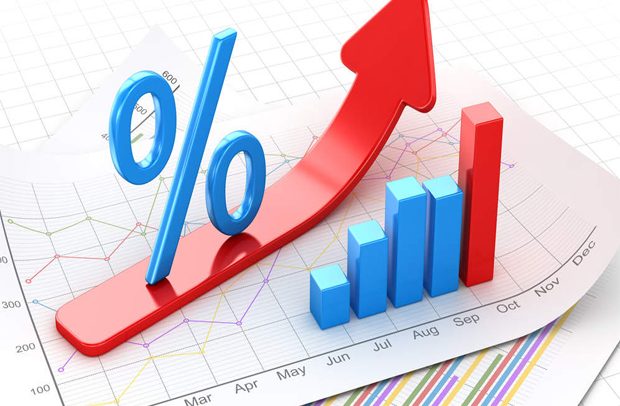Bank of Ghana (BoG) has raised its monetary policy rate from 14.5 to 17 per cent in an attempt to bring fast-rising prices under control.
This is the first time the Central Bank has increased the key rate by 250 basis points since its benchmark rate of 14.5 per cent set during its January 2022 meeting.
The move comes as the economy faces new uncertainty caused by the Russia-Ukraine war, causing food and petroleum prices to rise and putting more strain to supply chain bottlenecks on manufacturing output, the BoG said.
Addressing the media yesterday, Governor of BoG, Dr. Ernest Yedu Addison, stated that the Monetary Policy Committee (MPC) at its 105th meeting took the decision.
According to him, in addition to the upward policy rate adjustment, the central bank will, effective April 1, 2022, enforce new measures in relation to universal banks, including the Cash Reserve Ratio, which has been increased to 12 per cent.
He said the Capital Conservation Buffer had been reset to the pre-pandemic level of 3 per cent, bringing the Capital Adequacy Ratio to 13 per cent.
The provisioning rate for loans in the Other Loans Exceptionally Mentioned (OLEM) category has also been reset to the pre-pandemic level of 10 per cent.
Dr. Addison explained that rise in food prices, upward adjustments in petroleum prices and its effect on transport fares, and exchange rate depreciation pass-through, have pushed up inflation to 15.7 per cent at the end of February 2022, 5.7 per cent points outside the medium-term target band.
“Food inflation jumped sharply from 12.8 per cent in December 2021 to 17.4 per cent in February 2022, while non-food inflation jumped from 12.5 per cent to 14.5 per cent over the same period,” he noted.
He said the MPC is confident that ongoing discussions will lead to “very decisive policy reforms” that will address underlying fiscal mismatches and restore some calm in the markets.
“This, together with the monetary policy decision and additional measures, should help re-anchor inflation expectations,” the governor intimated.
Dr. Addison, however, said the rebound in economic activity continued, as reflected in some improvements in the bank’s updated Composite Index of Economic Activity (CIEA), although at a slower pace than in 2021.
“The index recorded an annual growth of 4.2 per cent in January 2022 compared to 13.9 and 3.4 per cent in the corresponding periods of 2021 and 2020. The key drivers of the index during the period were industrial production, exports, credit to the private sector and air passenger arrivals. Consumption of goods and services, and construction activity, however, slowed down, acting as a drag on the index,” he said.
By Ernest Kofi Adu

